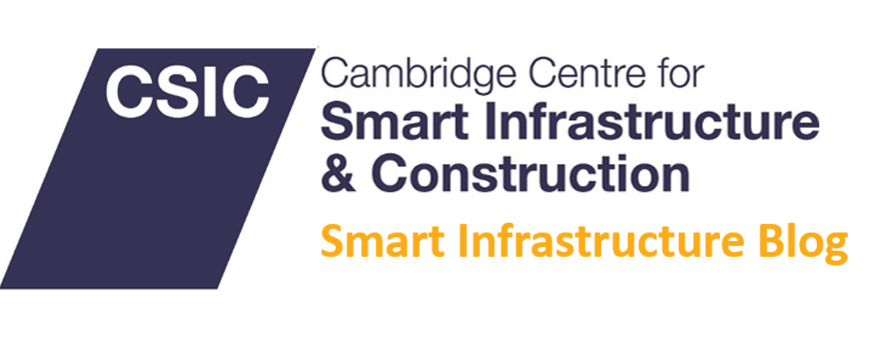Following the recent Digital Cities for Change Emerging Connections Workshop, CSIC Research Associate Dr Timea Nochta considers the importance of a Competency Framework to enable city managers to lead digitalisation in their cities in collaboration with local communities and other stakeholders.
With digitalisation becoming ever more ubiquitous, there is an urgent need to deal with this disconnect, and to bridge the gap between technology supply and societal demand. This requires developing appropriate, place-based and socio-technical approaches to better embed smart technologies in diverse urban contexts
Dr Timea Nochta
Emerging technology applications based on, for example, big data, artificial intelligence and the Internet of Things (IoT), are seen as key to the ‘smartification’ of city planning, management of urban infrastructures and services, and the experience of urban living. However, the links between technology as the enabler for cities to become more instrumented, interconnected and intelligent through capturing and collecting, sharing and distributing and analysing and implementing data[1] on the one hand, and urban development goals and city challenges on the other, remain obscure and indirect.
Currently there is a disconnect. While local authorities often lack the knowledge, and human and financial resources, to scope out challenges to address with technology, tech suppliers also regularly fail to meaningfully engage with urban societies, problems and the messiness and complexity of cities. In fact, pilots tend to remain focused on demonstrating technical functionality, and detached from understanding citizens’ needs and wants and addressing associated nexus problems involving multiple stakeholders and political processes.
With digitalisation becoming ever more ubiquitous, there is an urgent need to deal with this disconnect, and to bridge the gap between technology supply and societal demand. This requires developing appropriate, place-based and socio-technical approaches to better embed smart technologies in diverse urban contexts.
As part of the Digital Cities for Change (DC2) project, the research team are currently working on a Competency Framework for city managers to enable them to lead digitalisation in their cities in collaboration with local communities and other stakeholders. The Framework marks the first scientifically grounded attempt to collect and organise the competencies required to ensure that digitalisation contributes to creating public value and conforms to responsible innovation principles.
In practice this means that, from a public value perspective, technology applications in cities must contribute to achieving socially desirable outcomes efficiently (resources), effectively (quality) and democratically (trust)[2]. Exploring what outcomes might be considered ‘socially desirable’ in turn requires collaborative processes – involving all relevant parties – aimed at anticipating societal impact, reflecting on causes and mechanisms, deliberating options and embedding responsiveness into the urban governance of technology[3].
This year’s CSIC-TOAF(The Ove Arup Fondation) Emerging Connections Workshop explored the necessary competencies and options to build a coherent framework from an interdisciplinary perspective involving researchers, practitioners and technology experts. The Workshop, organised by the DC2 team, was held in October 2020 over two sessions. Discussions considered a range of purposes for technology applications in cities, including improving air quality, planning for liveability, emergency response and management, and developing city-wide information environments.
Preliminary results from the EC 2020 Workshop highlight the inherent need for expertise to enable coordination through engagement, intermediation and communication across different organisations, societal groups, policy domains and sectors. Digitalisation must in turn contribute to capacity building to successfully undertake such coordination roles, resulting in a need for competencies relating to information management (integration and interoperability) and assessing, curating and evolving the emerging urban information environment.
The DC2 team aims to publish the first iteration of the Competency Framework for city managers in the digital age by the end of this year for wider consultation. This first version will incorporate insights gained through more than two years of diverse research activities, as well as the outcomes of the Emerging Connections 2020 Workshop, and will, we hope, facilitate debate across different communities of research and practice.
Read more about CSIC’s Digital Cities for Change project.
[1] Harrison, C., Eckman, B., Hamilton, R., Hartswick, P., Kalagnanam, J., Paraszczak, J., & Williams, P. (2010). Foundations for smarter cities. IBM Journal of research and development, 54(4), 1-16.
[2] Benington, J., & Moore, M. H. (Eds.). (2010). Public value: Theory and practice. Macmillan International Higher Education.
[3] Owen, R., Stilgoe, J., Macnaghten, P., Gorman, M., Fisher, E., & Guston, D. (2013). A framework for responsible innovation. Responsible innovation: managing the responsible emergence of science and innovation in society, 31, 27-50.

